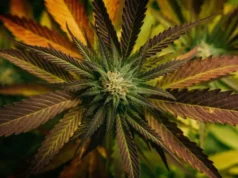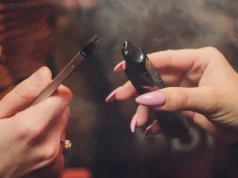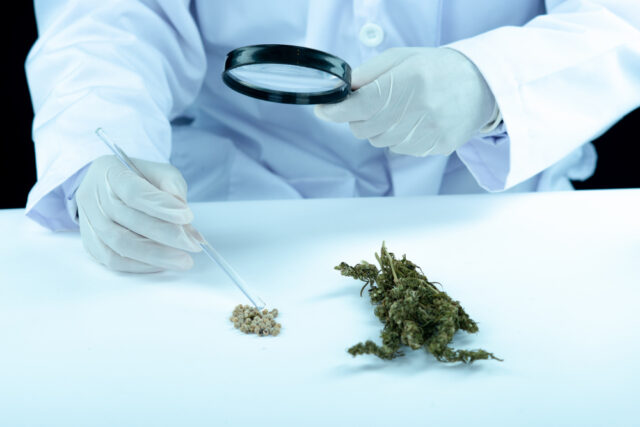
Visiting a Utah medical cannabis pharmacy for the first time can be like entering a whole new world, especially for new card holders making the very first purchases. It doesn’t help that they have our own unique vocabulary and phraseology in the industry. That is just the way things have worked out over the years.
Industry players are not the only ones to use unique terms and phrases. Lawmakers, regulators, patient advocacy groups, and others have adopted a whole new language describing nearly every aspect of the medicinal cannabis environment.
The point is illustrated by some key questions about medical marijuana terminology in Utah. These are questions that are heard quite frequently among first-time customers at Cedar City’s Zion Medicinal. They will give you a brief glimpse into why the medicinal cannabis community chooses certain terms over others.
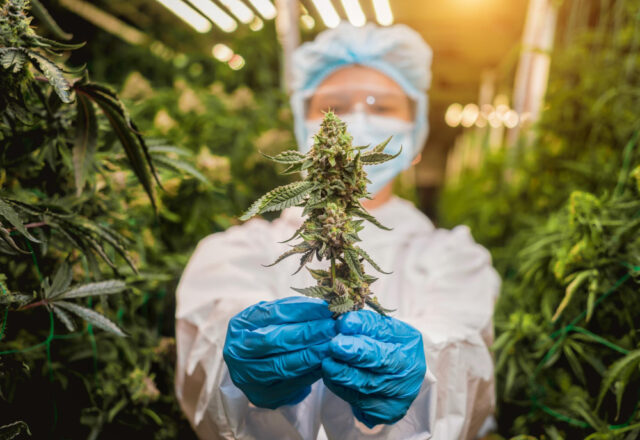
Why is the plant in question called medical cannabis?
As you may or may not know, cannabis is a type of plant with multiple varieties. What we refer to as marijuana is a variety of the plant with more than 0.3% THC by volume. A plant with less THC is considered hemp. But why the term ‘medical cannabis’ instead of the more commonly known name of the plant in question?
Intermountain Health sums it up quite nicely on their website. They say that ‘medical cannabis’ was chosen as the term “to avoid distracting providers, caregivers, patients, and family members from the clinical guidance and plans around this therapy.” The more common name of the plant makes people uncomfortable and distracts them from the medicinal focus.
Why do doctors recommend rather than prescribe?
Healthcare providers can recommend medical cannabis to qualifying patients for whom they believe the medicine is the most appropriate treatment. But a recommendation is not the same thing as a prescription. And in fact, medicinal providers are not allowed to prescribe under the law. This is because marijuana is still illegal at the federal level.
A healthcare professional’s recommendation allows a patient to obtain a medical cannabis card and buy medications from a state licensed pharmacy. But a recommendation is just that. Ultimately, the patient decides which medications to purchase and how to use them.
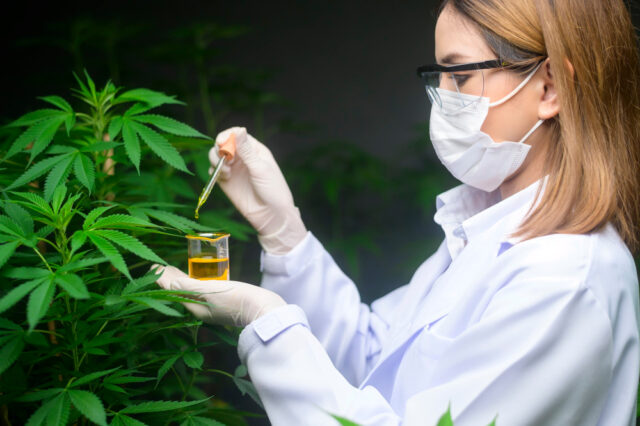
Why are medications dispensed at pharmacies?
When Utah’s medical cannabis program was being crafted years ago, lawmakers insisted on referring to retail outlets. There is another name for retail outlets in the recreational market, but lawmakers wanted to avoid that term so as to keep our program strictly medicinal.
For that reason, Utah is known for some of the best medical marijuana pharmacies. They have a licensed pharmacist on duty whenever their doors are open. Their operation is strictly medical in nature and will remain that way as long as the law requires it.
Why are there special terms designated to industry workers?
In the medical cannabis environment, a doctor is known as either a qualified medical provider (QMP) or limited medicinal provider (LMP). A pharmacist is known as a pharmacy medicinal provider (PMP). Even the worker who handles retail sales at a medical marijuana pharmacy has a special name: the pharmacy agent.
All these terms are intended to keep medical cannabis separate and distinct from traditional pharmacy operations. It is a way to ensure that everyone involved is on the same page when talking about the various types of marijuana workers.
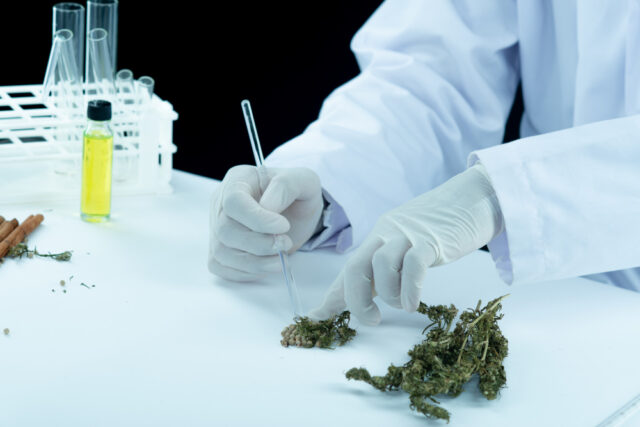
How is the potency of medical cannabis products measured and labeled?
The potency of medical cannabis products is primarily measured by the concentration of cannabinoids, such as THC (tetrahydrocannabinol) and CBD (cannabidiol). These are typically expressed as a percentage of the product’s total weight or in milligrams. In Utah, medical marijuana products must be labeled with accurate information about cannabinoid content. This labeling is crucial for ensuring that patients are aware of the potency and can dose appropriately based on their medicinal needs.
What are the specific qualifying conditions for obtaining a medical cannabis card in Utah?
To obtain a medical cannabis card in Utah, patients must have one or more of the specific qualifying conditions outlined by the state. These conditions include but are not limited to chronic pain, cancer, HIV/AIDS, epilepsy, multiple sclerosis, Crohn’s disease, Alzheimer’s disease, autism, and PTSD. Patients need to have these conditions certified by a qualified medicinal provider registered with the Utah Department of Health’s Medical Cannabis Program.

Are there any legal restrictions or regulations surrounding the cultivation of medical cannabis for personal use?
The cultivation of medical cannabis for personal use is strictly regulated in Utah. Patients are generally not allowed to grow their own marijuana plants. The state has licensed growers to cultivate cannabis, and these facilities are subject to rigorous standards and regular inspections to ensure product quality and safety. This regulation ensures that all medicinal marijuana products available in the state meet certain standards and are produced in a controlled and legal environment.
What role does the Utah Department of Health play in overseeing the medicinal cannabis program, including terminology and regulations?
The Utah Department of Health plays a critical role in overseeing the medical cannabis program. This includes regulating the production and distribution of medicinal marijuana products, certifying patients and healthcare providers, and establishing the terms and conditions under which the program operates. The department ensures that the terminology used in the program is clear, consistent, and in line with medicinal standards to facilitate understanding and compliance among patients, providers, and other stakeholders.
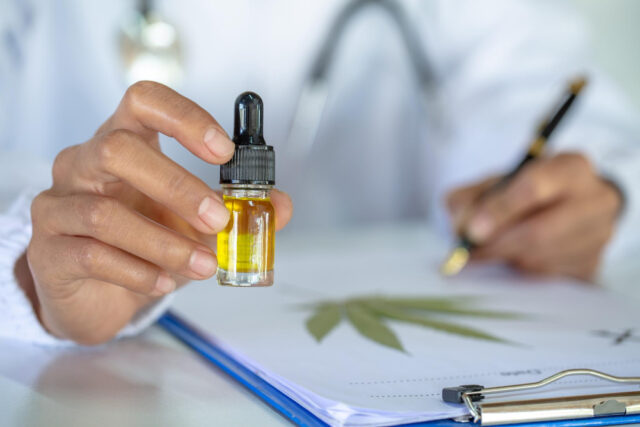
How does Utah’s medical cannabis program ensure patient privacy and data security?
Utah’s medical cannabis program is designed with strict measures to protect patient privacy and data security. Patient information is confidential and protected under state and federal laws. The Utah Department of Health and other entities involved in the medicinal marijuana program must adhere to stringent protocols for data handling, storage, and sharing. This includes employing secure systems for patient registration and record-keeping to safeguard personal and medicinal information.
Are there ongoing efforts to update or refine the terminology used within the medical cannabis industry in the state?
There is a recognition of the importance of clear and accurate terminology within the medical cannabis industry. As such, there are ongoing efforts in Utah to review, update, and refine the terminology used. This ensures that all stakeholders, including patients, healthcare providers, and regulators, have a common understanding of terms and concepts related to medicinal marijuana. These efforts also help in adapting to new research findings, changes in the legal landscape, and public feedback to continuously improve the medical cannabis program.

There is a lot more that could be said on this topic. Space is limited though. The main takeaway here is that the cannabis industry has its own language. If you are new to medicinal marijuana, don’t worry. Pretty soon you’ll be speaking it like a pro.

